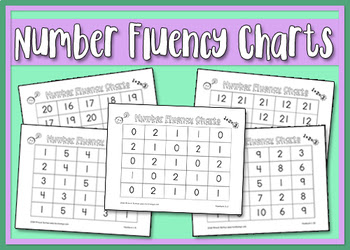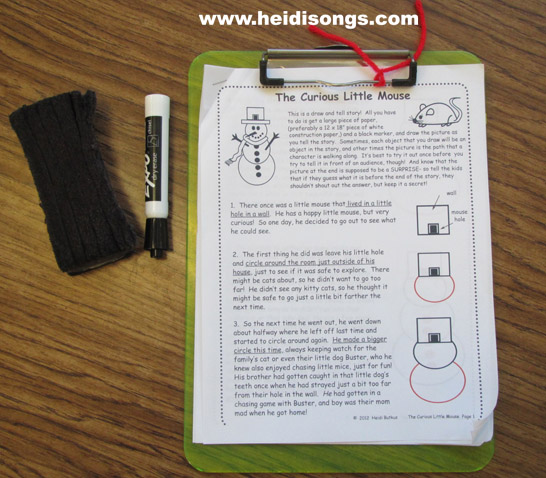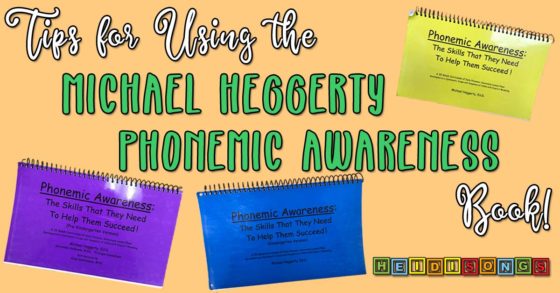Instant Online Curriculum with HeidiSongs Pacing Guide/Curriculum Map and Internet Video!
Have you heard the news? We've Moved to HeidiSongs.tv!
Our new website features an online video streaming service, updated blog posts at Heidisongs.blog, and a wealth of fresh resources designed to make learning even more fun and engaging.
You can also continue shopping for our educational products there and at our Teachers Pay Teachers store!
Head over to HeidiSongs.tv now and explore all the exciting new features.
See you there!
__________________________________________________________________________
Hello everyone! Today, I am going to tell you about our Instant Online Curriculum for Kindergarten, which includes a FREE Pacing Guide/Curriculum Map with links to printable resources, and corresponds to a collection of internet videos that we are streaming on Uscreen! This video collection has ALL of the HeidiSongs videos that you should need for each of the 38 weeks of the school year, all compiled by MONTH.
This has been the result of many long hours (several months, in fact!) of work by my tireless husband, Greg, and it is BRAND NEW as of this week! Given our current circumstances with the "Shelter in Place" guidelines regarding Covid-19, I am hoping that this resource will help you out!
First: What is it?
The Kindergarten Pacing Guide/Curriculum Map collection of internet videos is a compilation of our videos streaming online on our partner site, Uscreen! Each monthly collection includes ALL of the videos that I recommend that a teacher or parent use per month for Kindergarten together in one collection. Plus, nearly every concept is linked in the free downloadable guide to printable resources that support each one. |
| This is a screenshot of the Uscreen site with the monthly Pacing Guide/Curriculum Map video collections. |
This graphic explains it all in a nutshell.
Let's Look at Week 16!
For example, let's take a look at what the Kindergarten Pacing Guide/Curriculum Map looks like for one specific week- Week 16. That's about the "kindergarten week" that my Transitional Kindergarten (TK) class is on, approximately.
Every class is different, so don't feel bad if your class is not ready to learn the concepts covered in Week 16 quite yet! Some classes would be able to keep up with this pace, and some might not. This guide assumes that your class is like my highest performing class I've ever had in Kindergarten. So please adjust for your needs!
Section One: Letters & Sounds/Phonics
Assuming we are looking at Week 17, and looking at the first column on the left, I know that I should introduce the "sh" sound for phonics. (Yes, the column at the top says "Letters & Sounds, but after we learn all of the letters, this column is for phonics.) I click on the "Sh" and my internet browser takes me to the HeidiSongs Sh Song & Worksheets packet on TpT.
 |
This packet has 28 activity pages and the mp3 file of the Sh Song, plus the Sounds Fun flashcard for that sound. Teachers or parents could use anything in the packet to help teach and practice that skill. There is MUCH MORE in this packet than any child should do in one week! I recommend that you pick and choose the things that you think your students or child would respond best to. Just make sure that they do practice reading the words in full sentences and not just in isolation. |
If I look at the Uscreen videos, I go to month four, since we've counted each month as four weeks. I see a large collection of videos, starting with the Alphabet Writing videos, and scroll down from there to find the phonics videos. It has the Sh video, plus the Th video as a review from the week prior. Mixed in with the Sounds Fun videos, it also has some CVC Word Family videos in this section as well to help kids learn to sound out three letter words from the An and At families, and the video for the song "How Do You Sound It Out?"
So basically, you would have the class or child watch these videos and do some of worksheets or activities with them for each section each week. In addition to that, I would provide some books that use that target sound or for the designated word family. If you need books to read, there are some great printable ones (even freebies) linked to this blog post.
Section Two: Numbers
Moving to the right one column on Week 16 of the Pacing Guide/Curriculum Map, we see that the next item to work on is number 22. Basically, we are working on the numbers in the twenties during this time of year. If I click on that number 22, it takes me here to these Number Fluency Charts. Once in that file, I would need to find a chart with that number on it and have my students read through that.
If I need more worksheets for the numbers in the twenties, I look to the right on the guide to the Math Concepts column. I click on that, and find these Matching Sets 11-20 worksheets.
Etc., Etc., Etc!
See how it goes? I think it's all set up in a really neat way! You can find a link to the free interactive Pacing Guide/Curriculum Map at the bottom of the page on Uscreen. OR, find it right here.
What Does It Look Like on the Internet Video Site?
So what do you think? I hope that this will be useful to you! We will be soon uploading bundles of each week's printable resources to our own website, HeidiSongs.com. But if you want any of the individual printable files, just follow the links to our TpT store!
Follow me! Did you enjoy this post? Do me a favor and share it with your friends! And follow this blog by signing up for my email updates here, or follow me on TPT! I'm also on Pinterest, Facebook, Twitter, Instagram, and YouTube, too! Don't forget to sign up for our email newsletter for special deals and promo codes that you won't find out about anywhere else.


















